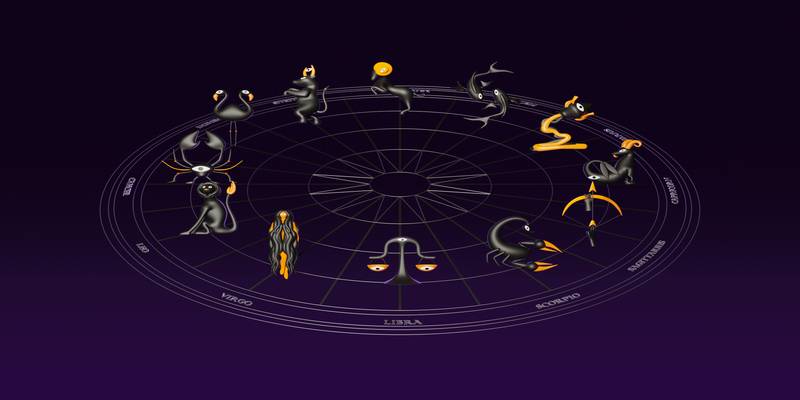Where am I?
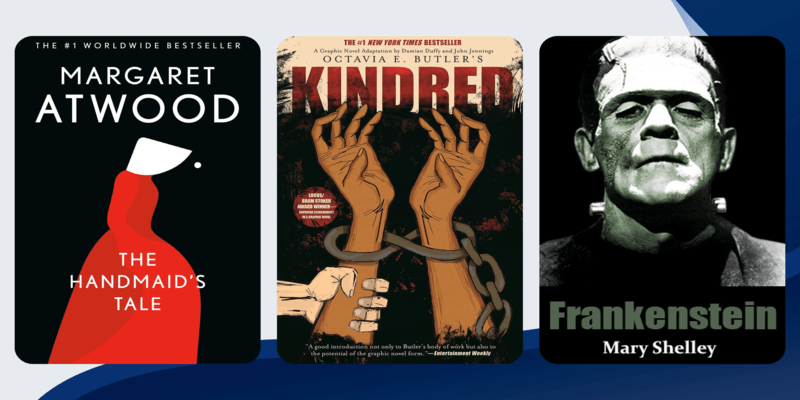
The given title seems absurd.One of course knows about their existence. One is sure of the time and space that they belong to. The world they live in, the streets they walk in, and the reality they experience. But what if that is not true What if the reality that we all think to be reality, is not reality at all? What if multiple worlds exist and we are only able to experience one? What if one starts experiencing another reality altogether?
All of these questions might seem irrelevant in the day and age of such rapid scientific advancement for if there had been another reality, science would have made arrangements for human beings to access it. Though, how far has science actually reached? How far has technology been able to make human beings experience reality? If the human brain is able to think about another world then why not experience it?
Even though scientists have failed to devise a way through which human beings can experience multiple realities, authors have tried exploring varied possibilities. Through fiction, authors have created a world where human beings are capable of travelling and escaping their reality. Following are some of the narratives which break the norm of linear reality and allow human imagination to wander freely.
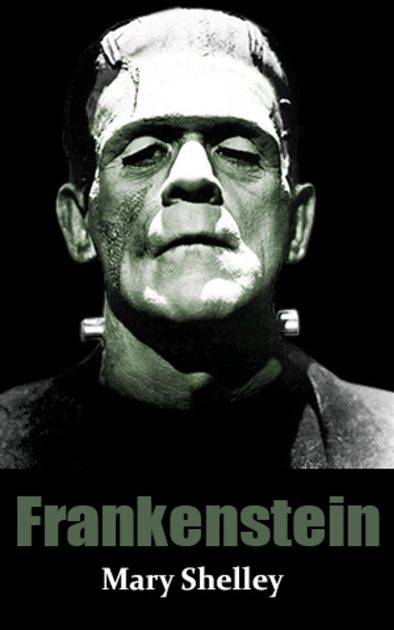
Frankenstein by Mary Shelley
An 1818 novel written by one of the first women novelists, Mary Shelley, follows the story of Victor Frankenstein, a young scientist who creates a sapient creature in an unorthodox scientific experiment. Frankenstein is a talented young medical student who strikes upon the secret of granting life to the dead. He becomes fixated on the idea that he reality might construct a man. The creature depicts the possibility of science being able to destroy. The filter lies in the hands of humankind. The scientist creates a beast with the power to perish the world constructed by human beings. The resulting creature is lonely and miserable, he is an outcast who seeks revenge for his resultant condition. The creature flees in the end, questioning the premise of human beings to handle the marvels of science.
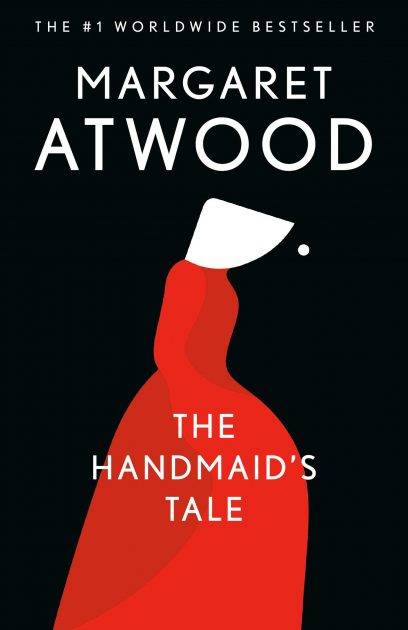
The Handmaid’s Tale by Margaret Atwood
Canadian novelist Margaret Atwood constructs a world that questions the premise of the current one. The plot is dystopian and centres around a world that refuses to move forward for women. In fact, the reality that women experience in this world pulls them into a pit of suicide, death, and rape. Atwood redefines the consequences of rampant patriarchy for her readers. She explores the infamous ‘what if ‘ question to display a world that is deadly for women. This world takes away not only their existence but also, their identity. The novel encompasses a regime of ‘Gilead’, a state with extremist rules about women and their lives. Due to an acute lack of fertility caused by rampant climate change, women are forced to be ‘handmaids’. The novel has also been adapted into an Amazon TV series and is a recurrent reminder for the current world to contain patriarchy.
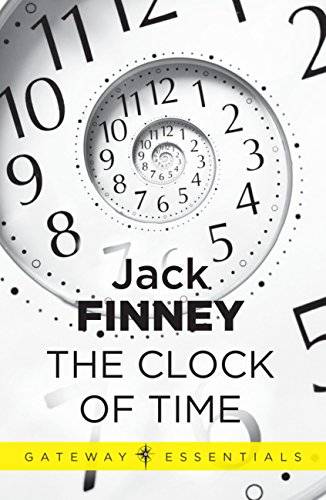
The Clock of Time by Jack Finney
Born in 1911, American author Jack Finney wrote numerous speculative fiction novels, thrillers, and mysteries. In his collection of short stories, Finney questions the premise of time. He intersects time and space by challenging the human understanding of rationality and logic. He finds escape from reality a pressing need in modern times. He highlights the presence of insecurity and mental health issues in the modern world due to war and rampant capitalism. His book deals with this predicament and throws light on the relentless pressure of time on a million minds. Finney satirises the industrial time and the fixation of the modern world to bind human beings to the power of the clock. Through a varied collection of narratives, he delivers mind-boggling narratives of multiple realities.
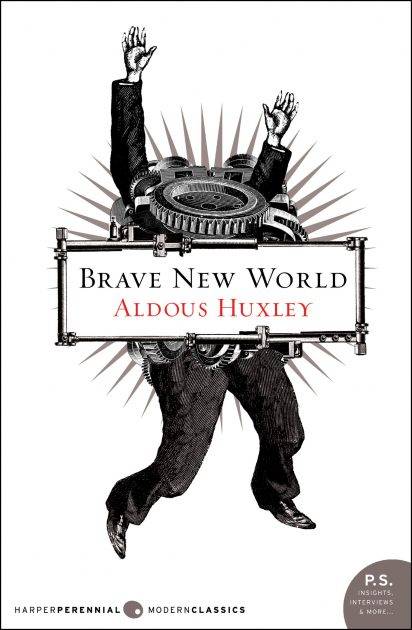
Brave New World by Aldous Huxley
The narrative of this 1932 dystopian novel is largely set in a futuristic world, whose inhabitants are automatically programmed into a society that believes in social hierarchy. The novel consists of huge scientific advancements in reproductive technology, psychological manipulation, sleep-learning, and classical conditioning. Despite these numerous advancements, a consistent threat overpowers humans. Huxley questions the rampant scientific advancements and their roles in dominating human beings. Brave New World has been banned multiple times due to its question of the government. In 1999, the Modern Library ranked Brave New World fifth on its list of the 100 best English-language novels of the 20th century.
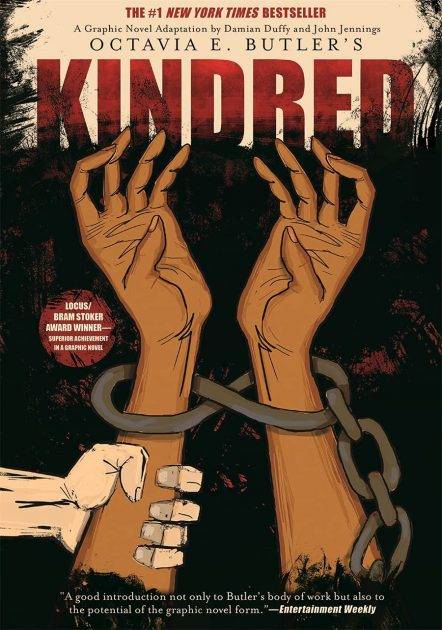
Kindred by Octavia E. Butler
Kindred, 1979, is a novel by American author Octavia E. Butler that talks about time travel and slave narratives. The plot is a first-person narrative about a slave who keeps getting transported in time between her Los Angeles, California home in 1976 with her white husband and an early 19th-century Maryland plantation on the Eastern Shore. As Dana stays for longer periods in the past, she becomes intimately entangled with the plantation community. Dana makes hard choices to survive slavery and to ensure her return to her own time. Slave narratives have always served as a way to astonish the world. Butler chooses Dana’s narrative to combat the time and space boundaries in the South. This is Butler’s bestseller, with Beacon Press advertising it as “the classic novel that has sold more than 450,000 copies.”
All the above-mentioned fiction falls under the category of ‘speculative fiction’. Narratives that challenge the human fixation to rationalise every experience in life, talk about the possibility of varied realities. The imagined realities in these narratives contain the possibility of spirits, time travel, as well as an alternate world wherein human beings can transpose and live the lives that they have always dreamt of. These novels might cause one to scratch their head and wonder, ‘what if ‘, ‘is that possible’, ‘what were to happen if it were to be true?’. Did this feature induce similar thoughts?



